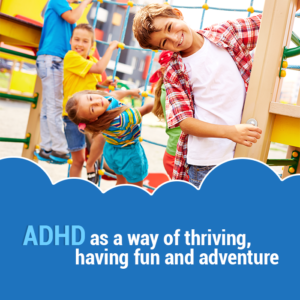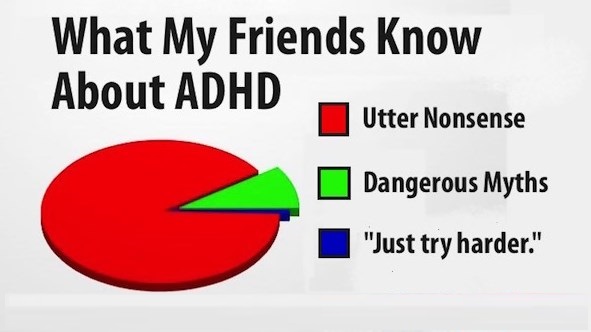Get Yourself the Time Management Clock
Who can say that they have nothing to accomplish in life? Who doesn’t have tasks to achieve, or goals to tackle? Every living, breathing human, has an endless list of things that need to be taken care of. Why is it that some check-off lists with ease, while others seem to be sucked in a maelstrom of ‘should-do-but-never-got-to-it’? Learning the tricks of time management is like gaining a new lease on life. Time is life’s most precious commodity, but cannot be bought. Time Management Skills have to be learned and acquired.
The ADHD’er can be a larger than life individual with talents, ambitions, and a fiery desire to move, shake, and accomplish, but he seems to be clueless in this very important life skill. The burning question is: is it possible to attain success even if you are grappling and struggling with time management skills?

Meet the 4 Time-Out Guys.
- Tomorrow– Well, there is always a tomorrow, is the refrain from Mr. Tomorrow. Pay that bill? Get ready for that wedding? Prepare a proposal for that deal? Why not chill today when there is always tomorrow? Procrastination is shoving everything onto tomorrow’s schedule. After all the ADHD’er has his very own definition of time; the now and not now. The problem is that when tomorrow rolls around and the bill is not paid, than services are terminated; when the wedding night arrives and he is not adequately prepared, he may arrive late with an ill-fitting dirty suit; and that golden deal he had dreamed about? It may be called off because that proposal was not prepared properly.
- Over Schedule-I’ll do this, and that, and the other. I’ll accomplish fifteen tasks in the span of eight hours. Mr. Over Schedule seems to have an illusion that he can juggle tons of balls simultaneously. But when his schedule runs off course, due to overscheduling, he just raises a white flag of surrender.
- Under Schedule-Mr. Under Schedule has an empty calendar. All his thoughts and plans live in his head. He has no true agenda and goes with the flow. That is why he is not prepared for anything at any given moment, but still harbors thoughts that he can do anything at any given moment.
- Overwhelm– Mr. Overwhelm is always scratching his head or biting his nails in frustration. He is overwhelmed by life’s endless list of responsibilities and doesn’t even know how to put his right foot forward. Where should he start?
All of these guys are typical ADHD’ers. The good news is that learning time management is attainable. An ADHD Coach can help you devise strategies, learn scheduling and time management skills, so that they can reach optimal success.
Time Management Strategies for Success.
The ADD or ADHD’er has a hard time estimating time a project may require, and the steps it may take to take a project to its end. That is why they sometimes over-schedule or under schedule. I will share several strategies that can help them gain control over their time.
- Keeping a record: A good idea to gain time awareness is to record: How many steps will this project take? How long should each step take? (True, that appointment is just half an hour drive away, but what about traffic, parking, getting gas, have I taken it into account)? And finally, which step is most important, which step cannot be skipped, and which step is least important, that if need be, I can eliminate it?
- Make Yourself a To Do List: Highlight tasks that are a priority, and marginalize tasks that can wait. Allot everything a time frame and consider transition-time or between-time for the unexpected.
- Use timers, clocks, alarms and sticky notes: It is always wise to utilize tools. Timers can help you kick up your adrenaline and rev up your energy in a race against the clock (especially if you are a daydreaming ADD’er): Quick! let me reach my goal time! Alarms can remind you that it’s time to tackle a specific responsibility on your to-do list. Sticky notes are those friendly notes that remind us, Hi! Time to accomplish x, y, or z.
- Set Designated Time. For things that need to be accomplished daily, weekly, or monthly, set a specific time for that. For example: mowing your grass on Monday, brushing your teeth first thing in the morning, etc.
- Notice your Weak Points and Harness your Strengths. Are you a morning person? Does music get you going? Does noisy chatter disturb your train of thoughts? Together with your ADHD Coach, map out your weaknesses and strengths. What gives you a power boost? What slows you down? Harness strengths and eliminate weaknesses.
The most important step of all is to gift yourself time to relax and enjoy life and family. If you’re trying your best, and utilizing the help of your ADHD Coach then you deserve a pat on the back and a gold medal. Start managing your time and you will manage your life effectively!


